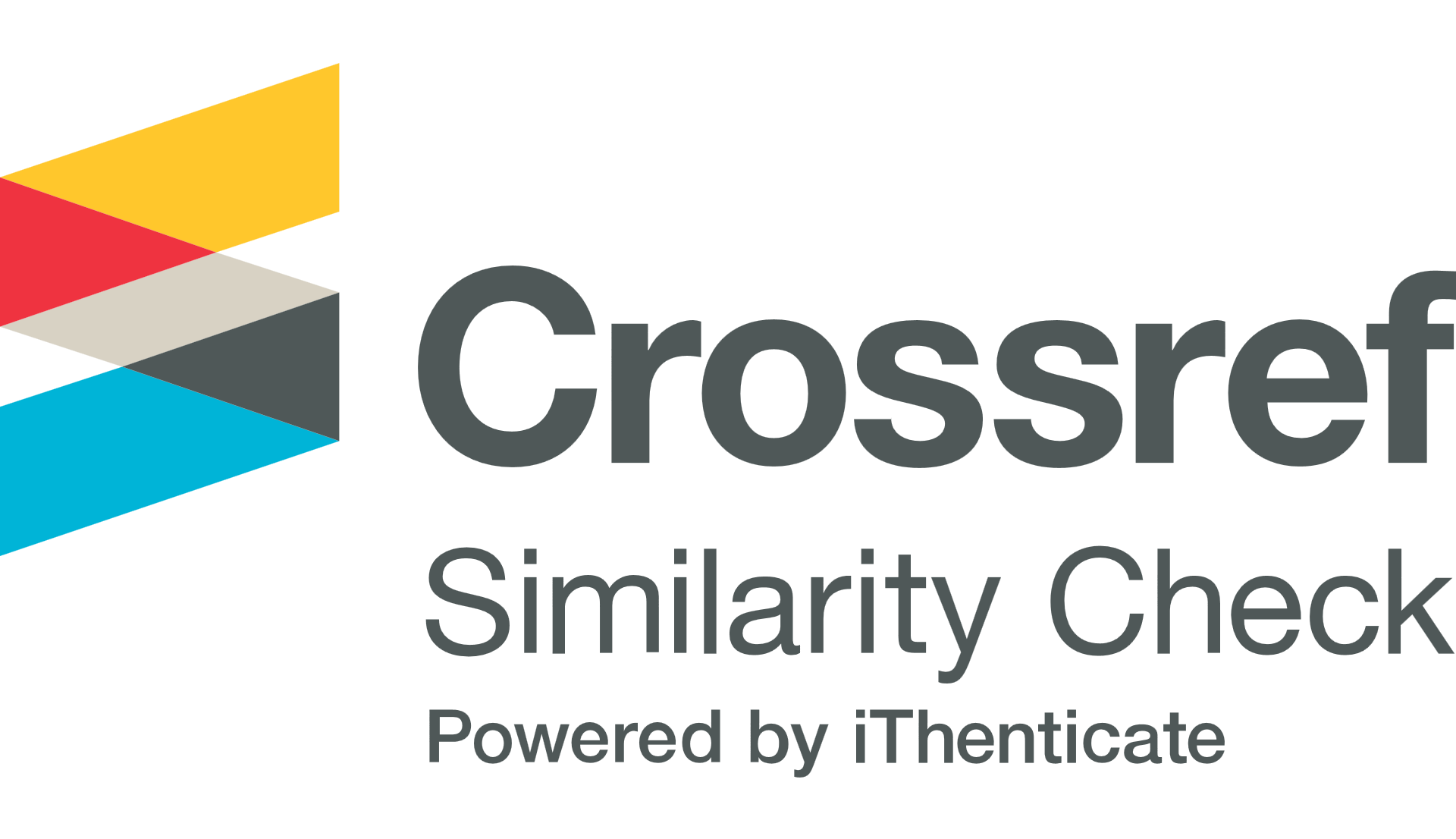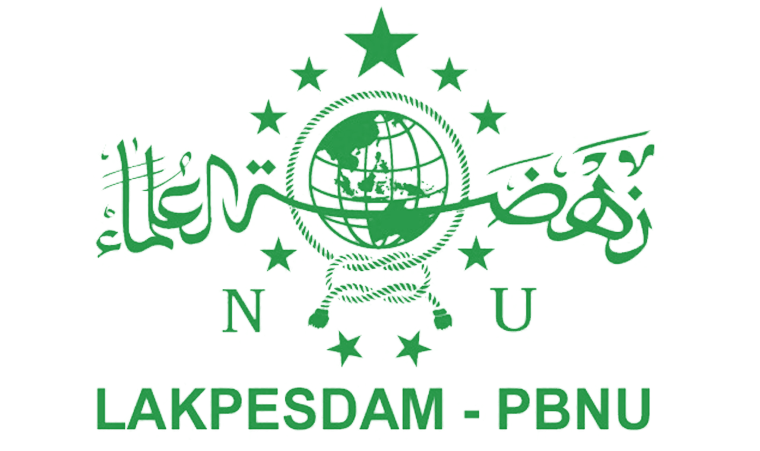MELACAK AKAR DEMOKRASI DALAM SISTEM KERAJAAN MUNA MASA LAMPAU; DISCOVERING THE ROOTS OF DEMOCRACY IN THE PAST OF MUNA KINGDOM
DOI:
https://doi.org/10.31969/alq.v22i1.291Abstract
Abstrak
Tulisan ini bertujuan untuk menelusuri akar-akar demokratisasi dalam kerajaam Muna di masa lampau yang dibatasi pada kurun abad ke-16 sampai dengan abad ke-20 M. Dengan perspektif antropologi-historis, studi ini memotret implikasi nilai-nilai demokratisasi di kerajaan Muna pada sistem pemerintahan dan sistem kemasyarakatan yang dipengaruhi secara signifikan oleh nilai-nilai Islam. Nilai-nilai demokratisasi dalam tata kelola pemerintahan dapat ditelusuri pada perangkat-perangkat kerajaan di Muna dibentuk sebagai alat legitimasi sekaligus kontrol bagi sistem pemerintahan, seorang raja tidak harus dari keturunan langsung raja (kaomu); c) Seorang raja bukanlah penguasa absolut, sehingga ia dapat dihukum jika melanggar sumpahnya. Sementara itu, dalam tata kelola kemasyarakatan dapat dirujuk pada sistem pembagian golongan berdasarkan pada fungsi dan tanggung jawabnya, pola hidup sang raja mencerminkan filosofi bangunan kamali (istana) yang ditempatinya, tanpa perbedaan jenis kelamin dimana setiap orang memiliki kesempatan dan hak yang sama untuk menjadi pemimpin. Dalam konteks sekarang, fakta ini bisa menjadi pelajaran dalam mengatur tata pemerintahan berdasarkan demokrasi yang menjunjung tinggi hak yang sama atas semua rakyat secara adil dan egaliter yang bersumber dari nilai-nilai kultur, sosial, religius masyarakat Indonesia.
Kata Kunci: Demokrasi, kerajaan tradisional, Islam, politik dinasti.
ABSTRACT
This paper attempted to analyzes the roots of democracy in the kingdom of Muna were limited 16th-20th century AD. By using anthropology-historical perspective, this paper will capture the implications of democracy in the kingdom of Muna significantly affected by Islamic values in governance and social system. Democratization in governance can be traced on formed Kingdom base on legitimacy as well as political control; there was not automatic king for the descendant (kaomu); none an absolute ruler. Meanwhile, in social system it can be referred to division of roles accordance with functions and responsibilities; the pattern of king’s life was reflected in palace construction (kamali); regardless of sex that possess the same rights and opportunities. In nowdays context, it could be a lesson to manage governance based on democracy that upholds the right and obligation for all people in justice and egalitarian which was in fact derived from Indonesian culture, social, and religious values.
Keynote: Democracy, traditional kingdom, Islam, political dynasty.
Â
Additional Files
Published
Issue
Section
License
Authors who publish with this journal agree to the following terms:
- Authors retain copyright and grant the journal right of first publication with the work simultaneously licensed under Creative Commons Attribution-NonCommercial-ShareAlike 4.0 International License that allows others to share the work with an acknowledgement of the work's authorship and initial publication in this journal.
- Authors are able to enter into separate, additional contractual arrangements for the non-exclusive distribution of the journal's published version of the work (e.g., post it to an institutional repository or publish it in a book), with an acknowledgment of its initial publication in this journal.
- Authors are permitted and encouraged to post their work online (e.g., in institutional repositories or on their website) prior to and during the submission process, as it can lead to productive exchanges, as well as earlier and greater citation of published work (See The Effect of Open Access).















